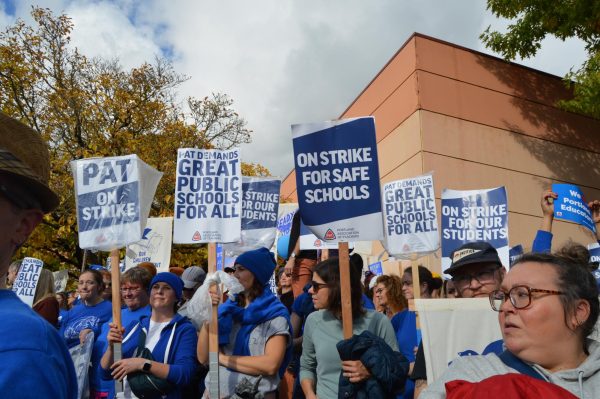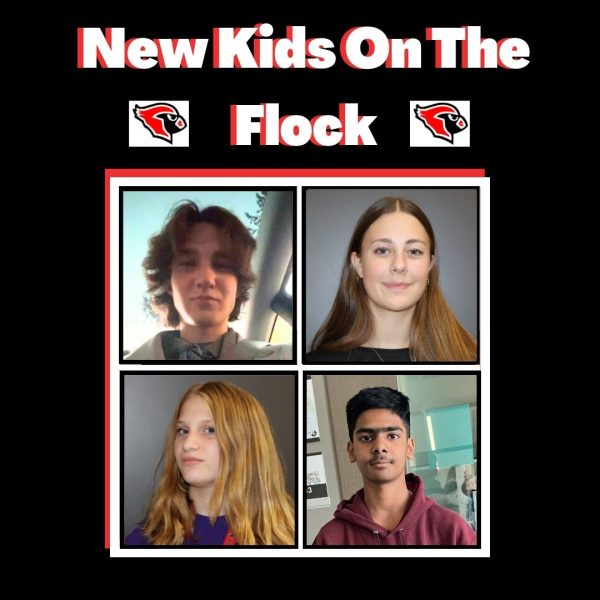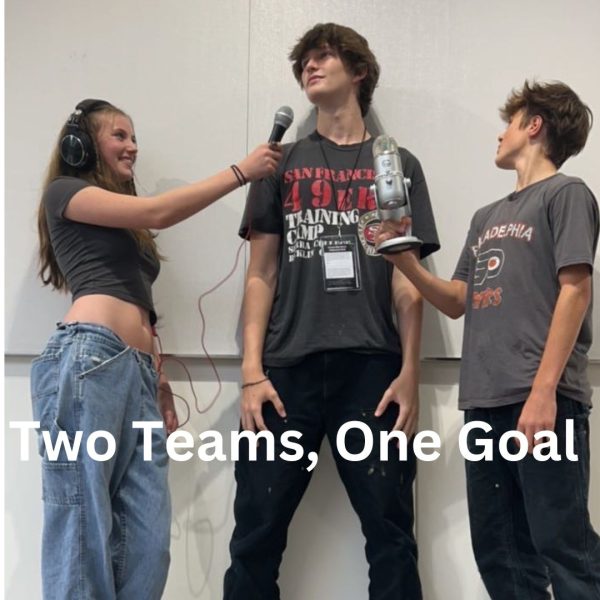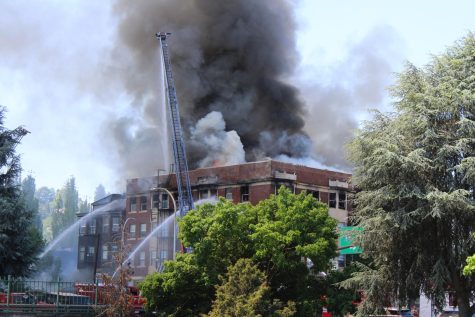September is national suicide prevention month
The Lincoln community has been grieving in recent weeks over the death by suicide of former student Jacob Mesch.
Mesch, who died on Sept. 4, was a Class of 2019 graduate and a determined track and field athlete involved in shot put and the discus. He was described by his family as “sensitive, empathetic and kind […] full of life, enthusiastic, charismatic, loyal and a natural leader.”
Suicide is the second-leading cause of death for Oregon youth ages 10 to 24, according to the Oregon Health Authority. The statewide rate of youth suicide has doubled in the past seven years. Just 51% of youth who needed mental health treatment received it, according to the American Foundation for Suicide Prevention.
In a recent series focusing on suicide awareness and prevention, The Oregonian describes the rise in youth depression and anxiety, via three different drivers: “increased academic pressure, the rise of social media and existential fear stemming from school shootings, climate change and other horrors that have colored their childhoods.”
September is National Suicide Prevention Month. Mental health professionals agree that asking a person whether they are thinking about suicide does not put the thought into a person’s head if they are not already suicidal. Asking a person directly means that person can then get the help they need.
Lincoln students can talk to teachers, counselors, the school psychologist Jim Hanson, nurse Mary Johnson, or any adult staff member for help for themselves or for a classmate.
Students’ deteriorating mental health is a national crisis– one that reverberates into every aspect of life. The Cardinal Times will continue to report on mental health in future issues.
There are many easily-accessible mental health resources for Lincoln students. Please see the resources adjacent to this article.









